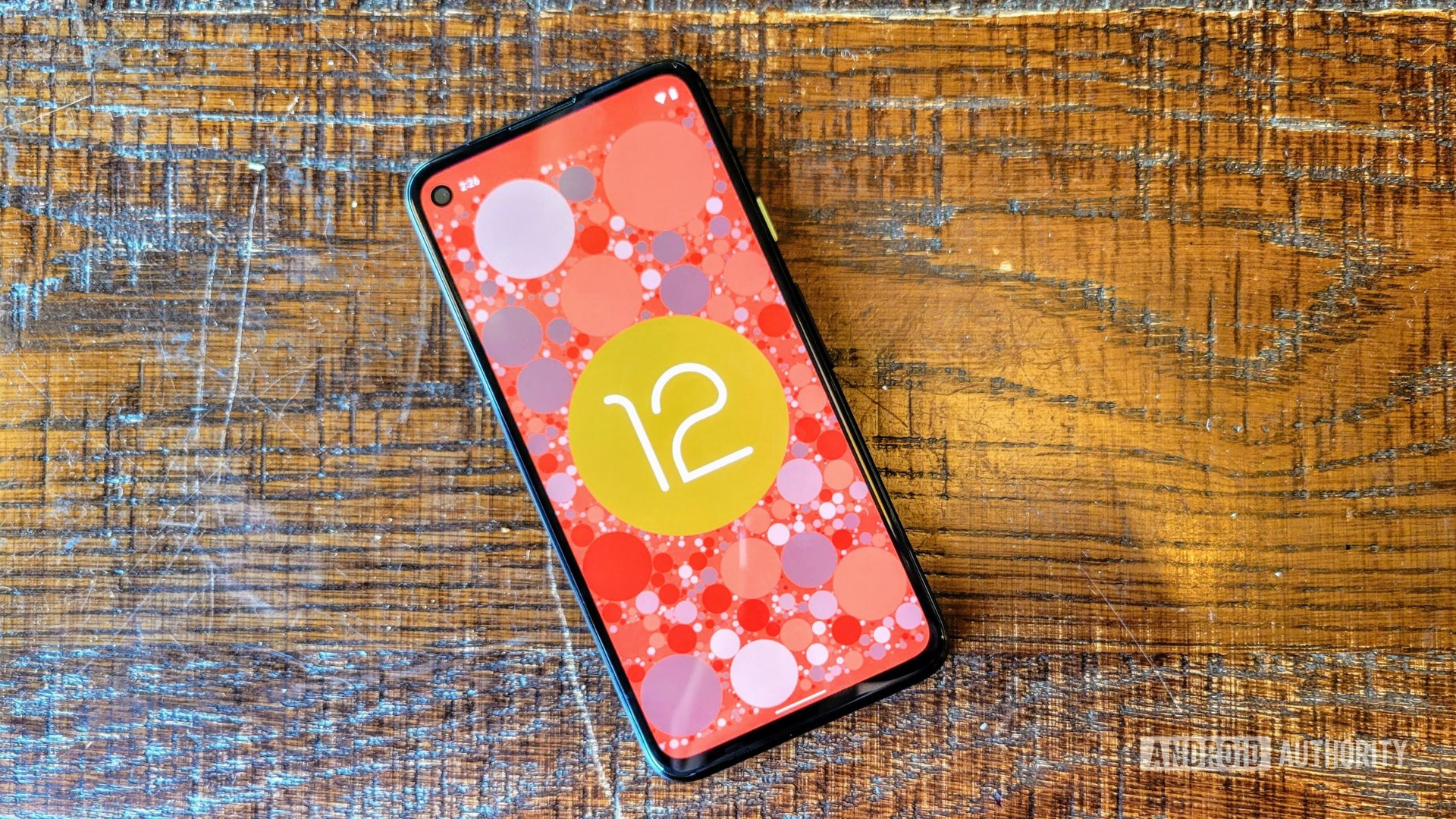Affiliate links on Android Authority may earn us a commission. Learn more.
Android 12's Private Compute Services will go open-source to protect privacy
Published onSeptember 9, 2021

- Private Compute Services will allow secure machine learning enhancements for Android 12’s Private Compute Core.
- This involves an intermediate security framework between the Core and the cloud.
- It’s not clear when Services will go live, but Android 12 is right around the corner.
Google on Thursday announced Private Compute Services, a platform that will allow Android 12‘s Private Compute Core to safely interact with the cloud and upgrade its machine learning.
The Private Compute Core silos data away from the rest of the operating system to reduce the privacy risks associated with machine learning and user data. Some Android features currently handled in the Core include Live Caption — which uses speech recognition to caption any video — and Smart Reply, which suggests responses in messaging apps based on context. Without a silo, Google and other companies could potentially peer deeper into individuals’ lives.
Private Compute Services will allow machine learning to update without giving the Core direct access to the internet, Google said via its Security Blog. Specifically, it’s offering an open-source, intermediate framework with multiple privacy technologies, such as code to strip out personally identifiable information.
Google is promising to publish its source code so Services can be audited by outside parties, such as security researchers.
The company didn’t say when Private Computer Services will actually roll out. Android 12 is just days or weeks away from release, however, and it would make sense for the Core to have update mechanisms already in place.